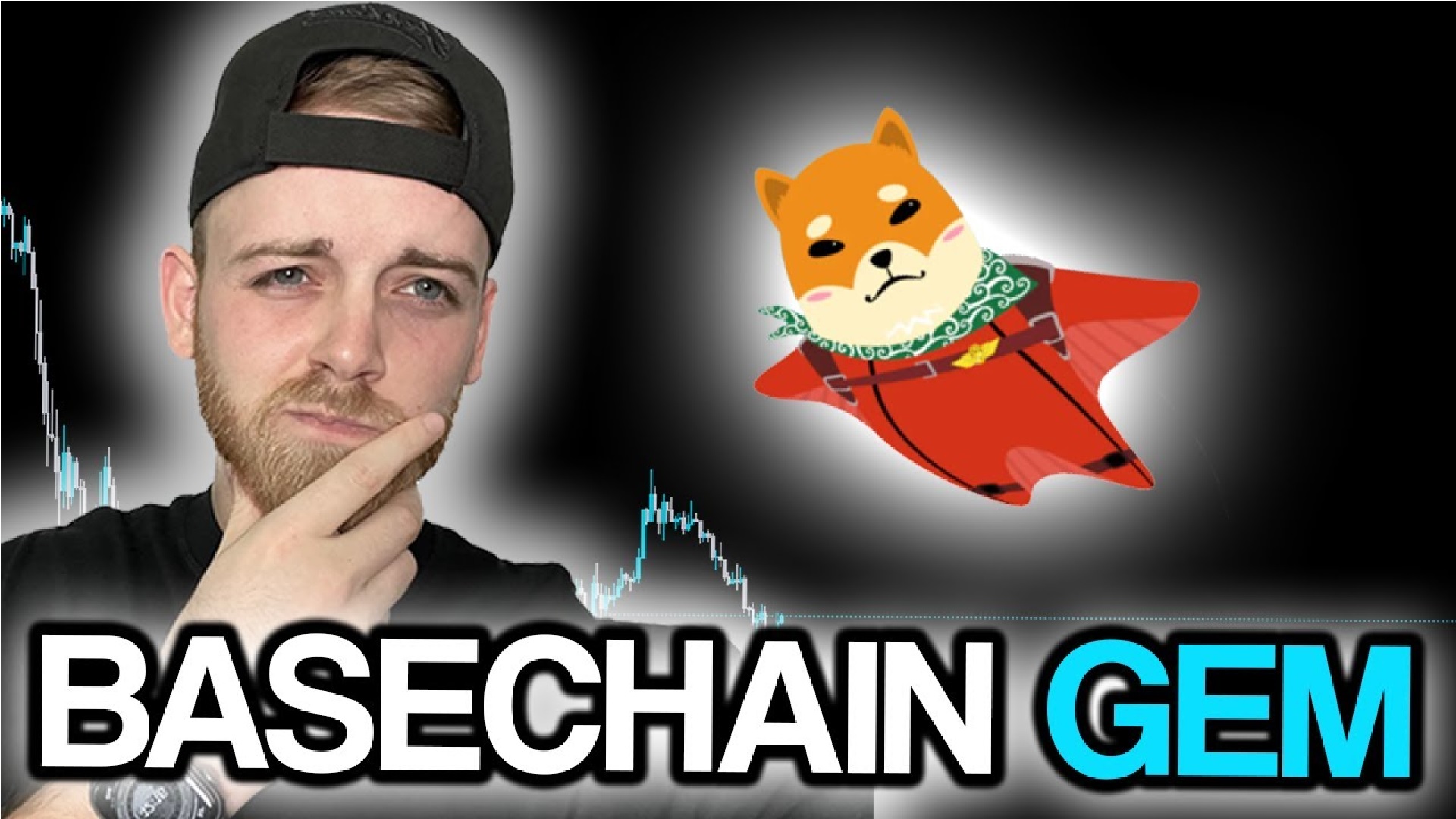Maduro has barred the opposition’s chosen candidate, arrested campaign workers and blocked access to state media. Still, the opposition says it can win — and by a landslide.
But in a country where the electoral council, courts and military are controlled by Maduro, the outcome remains far from certain. He and his team remain confident they can win, according to people familiar with conversations within the government. If he loses at the polls, he’s not expected to cede power willingly.
Voting centers were scheduled to open at 6 a.m. Sunday, but at a school in the Chacao neighborhood of Caracas, a group of 18 people arrived three hours early. They would wait for more than six, amid delays opening some voting tables.
By 9 a.m., some of the hundreds of people began to chant: “We want to vote!” Esther Pérez Villegas, whose husband was among those waiting, stepped in to help organize the lines. “Anxiety is high, very high, because of all of the uncertainty we feel,” she said.
Noemi Tovar, 61, had been in line since 3 a.m. “If I have to wait all day, I’ll wait all day,” she said.
“We’ve made lines here for many things — for food, for gasoline,” said Martha Salas, 62. “This is for so much more — for a vote.”
The opposition is betting it can turn out voters for a victory so overwhelming that Maduro will be forced to accept the results and begin to negotiate his exit. The United States could play a critical role, offering legal incentives and relief from sanctions to give Maduro a way out that doesn’t lead him straight to prison.
The United States stands ready to “consider measures that would facilitate a peaceful transition of power,” a senior Biden administration official said Friday, speaking on the condition of anonymity under rules set by the administration.
A Maduro defeat would be a significant foreign policy win for the Biden administration. U.S. officials negotiated a deal last year in which Maduro pledged to hold a competitive election in exchange for some sanctions relief. With irregular immigration at the center of the U.S. presidential campaign, success in Venezuela could boost Vice President Harris’s bid against former president Donald Trump.
Venezuela’s opposition’s candidate, the former diplomat Edmundo González, was unknown to most Venezuelans just months ago. Now polls predict he could beat Maduro by double digits. He’s a stand-in for longtime Maduro critic Maria Corina Machado, the “Iron Lady” who draws tens of thousands of Venezuelans to her near-messianic campaign caravans — and has been disqualified from running by Maduro’s supreme court.
Her campaign focuses on a simple message: Vote for us, and your loved ones can come home.
“The central theme is family, is the sense that this could be the last opportunity to reunite our families,” Machado told The Washington Post. “This is not just an electoral campaign. This is a redemption movement, for liberation.”
The run-up to the election has been far from free and fair. European Union observers who planned to monitor the vote were disinvited, leaving only small teams from the Atlanta-based Carter Center, a U.N. panel of experts and a grass-roots group of thousands of ordinary Venezuelans who have been training to watch polling centers.
Machado gave a call to action last week: Vote early, stay near the polls and alert the opposition to any suspicious activity. “We will all become citizen reporters,” she said.
Venezuelan Davis Salazar, a retired firefighter, lives in Canada. He has returned home to vote.
“The people woke up. It’s been 25 years of robbing and destroying a people,” said Salazar, 65. “If people want change, they need to go out and vote. Otherwise, we will continue with the same.”
Venezuelans are watching the armed forces and how they respond to any attempt to manipulate the election.
Leopoldo López, an opposition leader, said members of the military should consider their own interests, “their own stability, their own future.”
“Today, with Edmundo, a transition could be a better source of stability,” he said, “rather than Maduro telling them to go out to kill, to repress, to impose the state.”
Maduro has warned of a “bloodbath” if he loses.
“The destiny of Venezuela depends on our victory,” he told rallygoers this month. “If we want to avoid a bloodbath or a fratricidal civil war triggered by the fascists, then we must guarantee the biggest electoral victory ever.”
Maduro’s defense minister, Vladimir Padrino López, said last week he would uphold the law. He called for “the one who won to take charge of his government project and the one who lost, go to rest. That’s all.”





















Discussion about this post